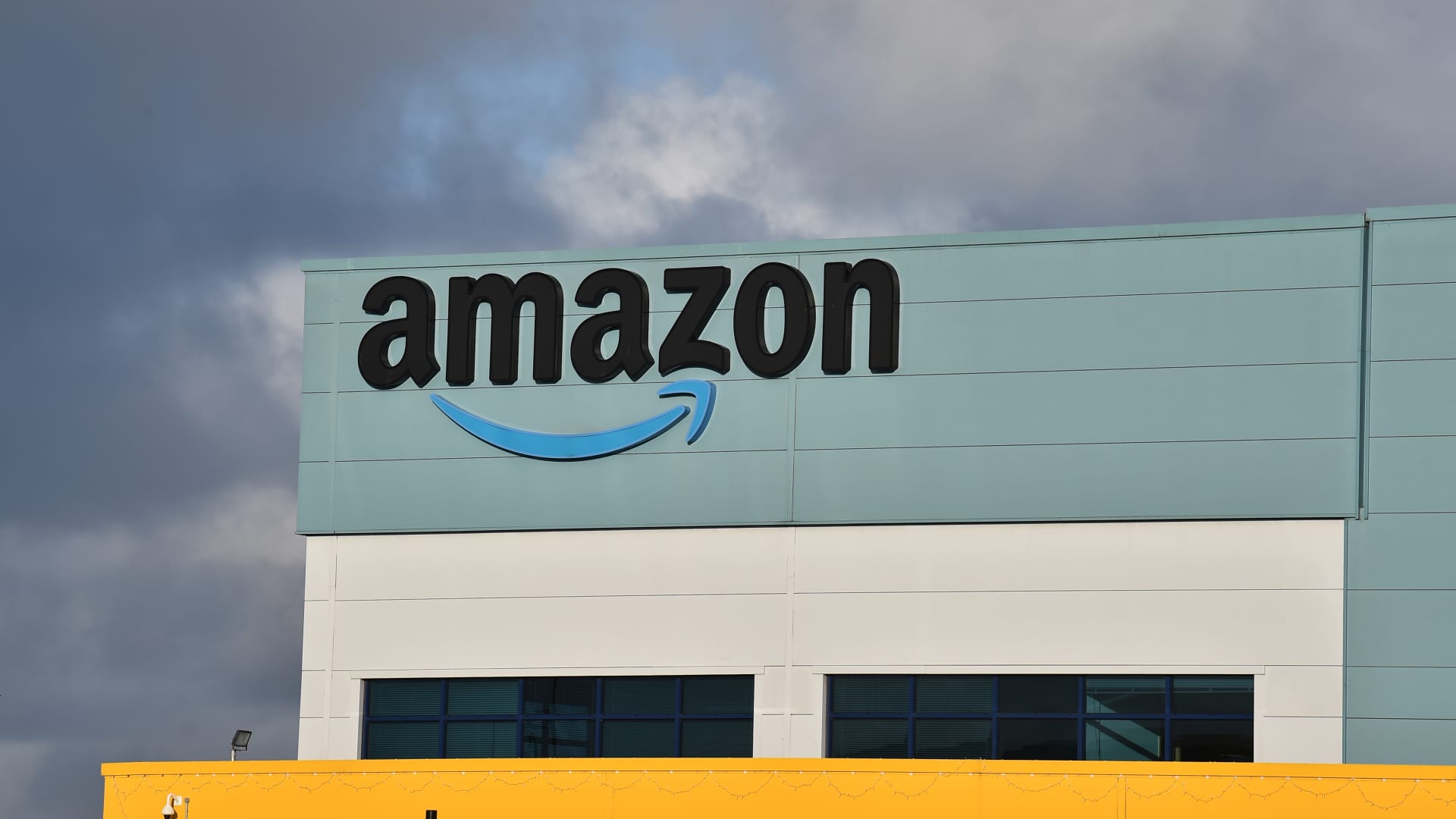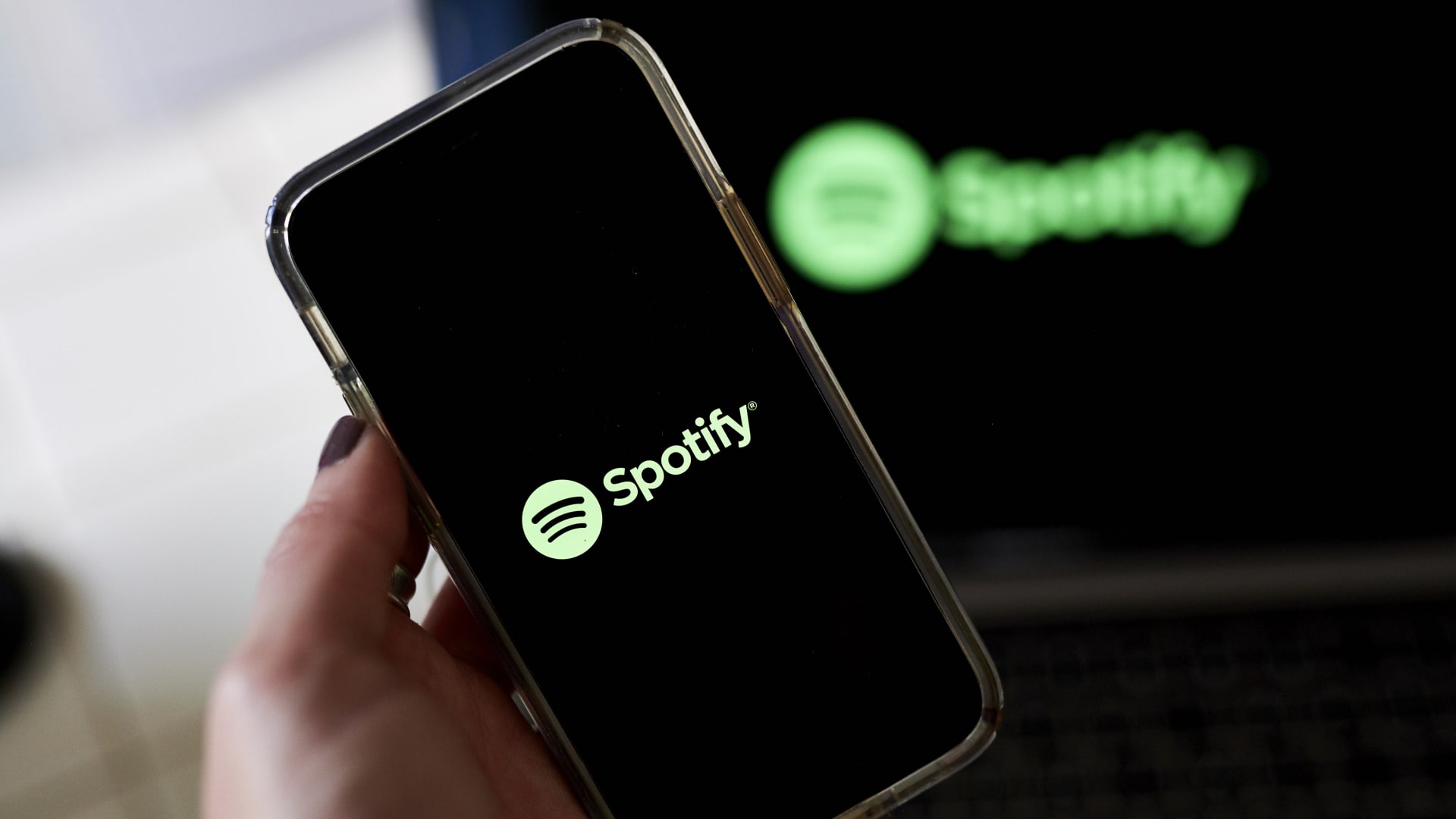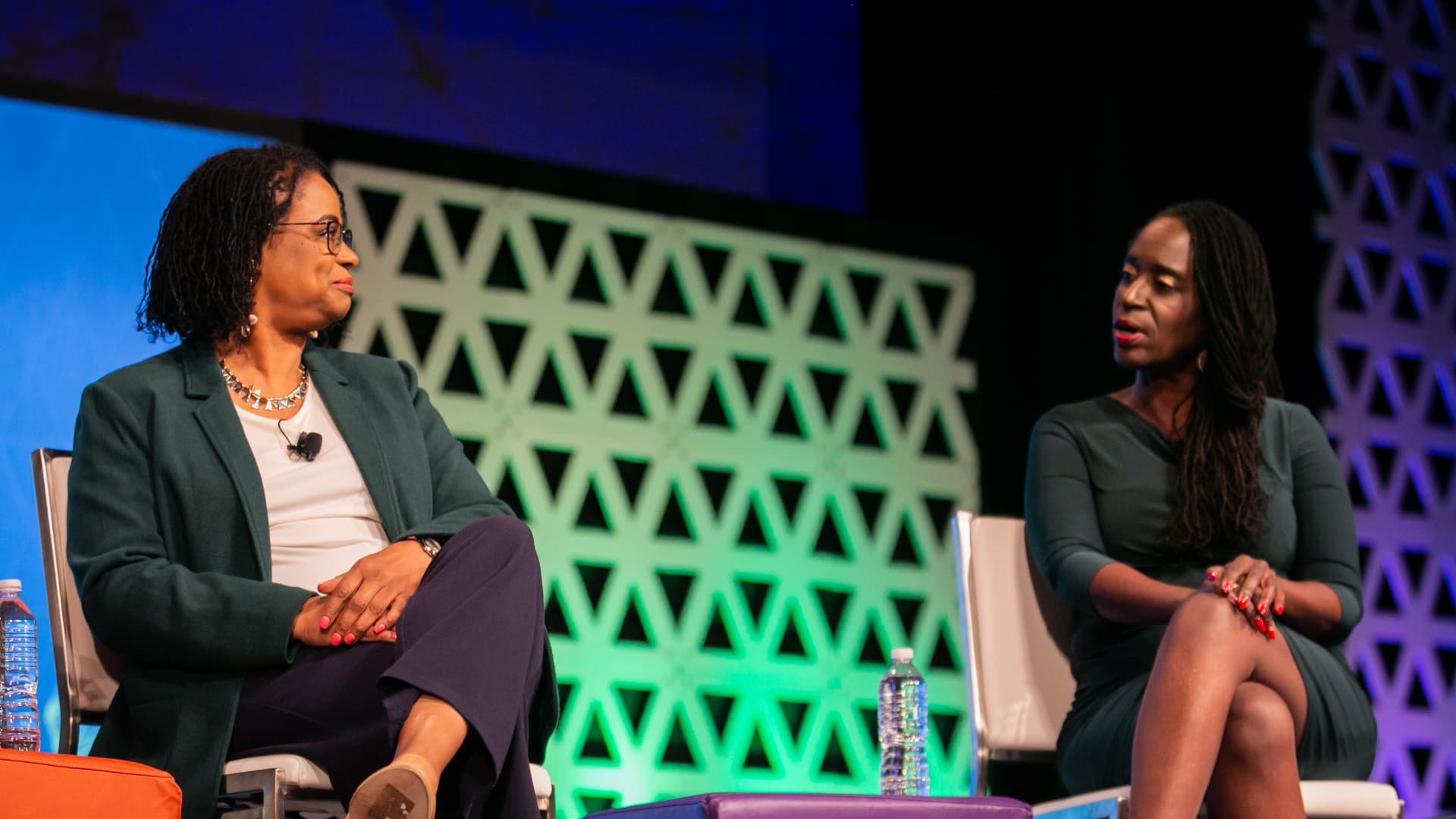Google faces off with Epic Games as it enters its second antitrust trial in two months


Google is headed back to court for its second antitrust trial in two months, this time in defense of its Android Play Store.
While Google continues to argue against monopoly claims brought by the Department of Justice and a bipartisan group of states in Washington, D.C., District Court, the company now has to simultaneously face off against Epic Games in a federal court in San Francisco.
The trial involving Epic, which begins Monday, revolves around Google’s treatment of third-party mobile developers, and will be closely watched by Apple, which operates the rival iPhone App Store. Both companies have been accused by developers of taking an unfair cut of revenue from in-app payments and for making it harder for app creators to communicate with their customers.
An Epic victory could force Google to make changes to Android, where it charges a 15% to 30% fee on digital goods and services purchased within apps. It could allow Epic to get its store pre-installed on devices, potentially making it easier for users to bypass Google’s store to download games.
The dispute stemmed from an incident in August 2020, when Epic pushed updates to its game Fortnite that allowed the company to bill its customers directly for in-app purchases, instead of through app stores.
Google and Apple swiftly kicked Fortnite off their stores. Epic sued both companies, seeking to allow direct billing and the unfettered ability to install the Epic store on smartphones.
Epic’s suit against Apple went to trial in 2021 and was appealed earlier this year. Epic lost on nine out of 10 counts, but could win one concession around emailing customers, depending on whether the Supreme Court decides to take up its case against Apple.
Meanwhile, Google still has to deal with the government.
At issue in the DOJ’s monopoly case, which went to trial in September, is whether Google violated the law through exclusive agreements with mobile phone manufacturers and browser makers to make its search engine the default for consumers. That case could determine whether Google is able to continue using its heft to keep its prime positioning on smartphones.
A separate DOJ antitrust trial is slated to kick off in Virginia early next year. That case is focused on Google’s online advertising business and aims to force the company into some divestitures.
For the Epic suit, there’s one key difference between what Google faces and the case against Apple. Google allows “sideloading,” or the ability to install software off the web, which Apple forbids.
Epic plans to argue that, even with that capability, Google abuses its dominant market position and makes it hard for consumers to get access to apps, according to a person familiar with the matter.
In particular, Epic plans to call attention to Google’s contracts with handset makers that prevent the installation of alternative app stores, as well as other contracts with app developers that preclude them from launching a competing app store, said the person, who asked not to be named in order to speak freely on the plans.
Epic’s argument would point to violations by Google of both federal competition laws and California laws related to restraining trade. Epic will also likely highlight how many steps and taps it takes to sideload an app on an Android device.
For Google, the case largely revolves around its ability to show that these are the costs of doing business. The company will argue that it charges a reasonable rate and an amount that’s required so it can run a popular marketplace that developers count on to reach users.
“The truth is that Epic simply wants all the benefits that Android and Google Play provide without having to pay for them,” Wilson White, Google’s vice president of public policy and government affairs, wrote in a blog post previewing the company’s defense.
Google claims the fees it charges developers are some of the lowest among major app stores, and says 99% of the developers selling digital content are charged a fee of 15% or less.
Google can look to the outcome of Epic’s litigation against Apple for instruction. Wilson told reporters in a briefing that the judge in Apple’s case acknowledged the company competes with Google, and said the appeals court held that it’s lawful for Apple to require developers to use its billing system.
Witnesses expected to testify include Google CEO Sundar Pichai as well key Android executives and representatives from Google partners like Apple and Netflix, according to White.
Match Group on Tuesday said it had settled its claims over Google’s Play Store. After that news came out, Epic CEO Tim Sweeney refused to back down, writing on X, formerly known as Twitter, that, “Epic will go to trial against Google alone.”
WATCH: Apple’s fight with Epic Games is part of a larger antitrust battle
Don’t miss these stories from CNBC PRO:
- Bank of America’s investment strategist says the S&P 500 correction could last until it hits this level
- A ‘panic spike’ is possible late October into November, says Bank of America’s chart analyst
- The S&P 500 has entered a correction. Here’s why Warren Buffett likely thinks that’s good news
- Morgan Stanley auto analyst Jonas says investors are ‘waking up’ to idea that Ford, GM are not a way to play EV boom
This post has been syndicated from a third-party source. View the original article here.




